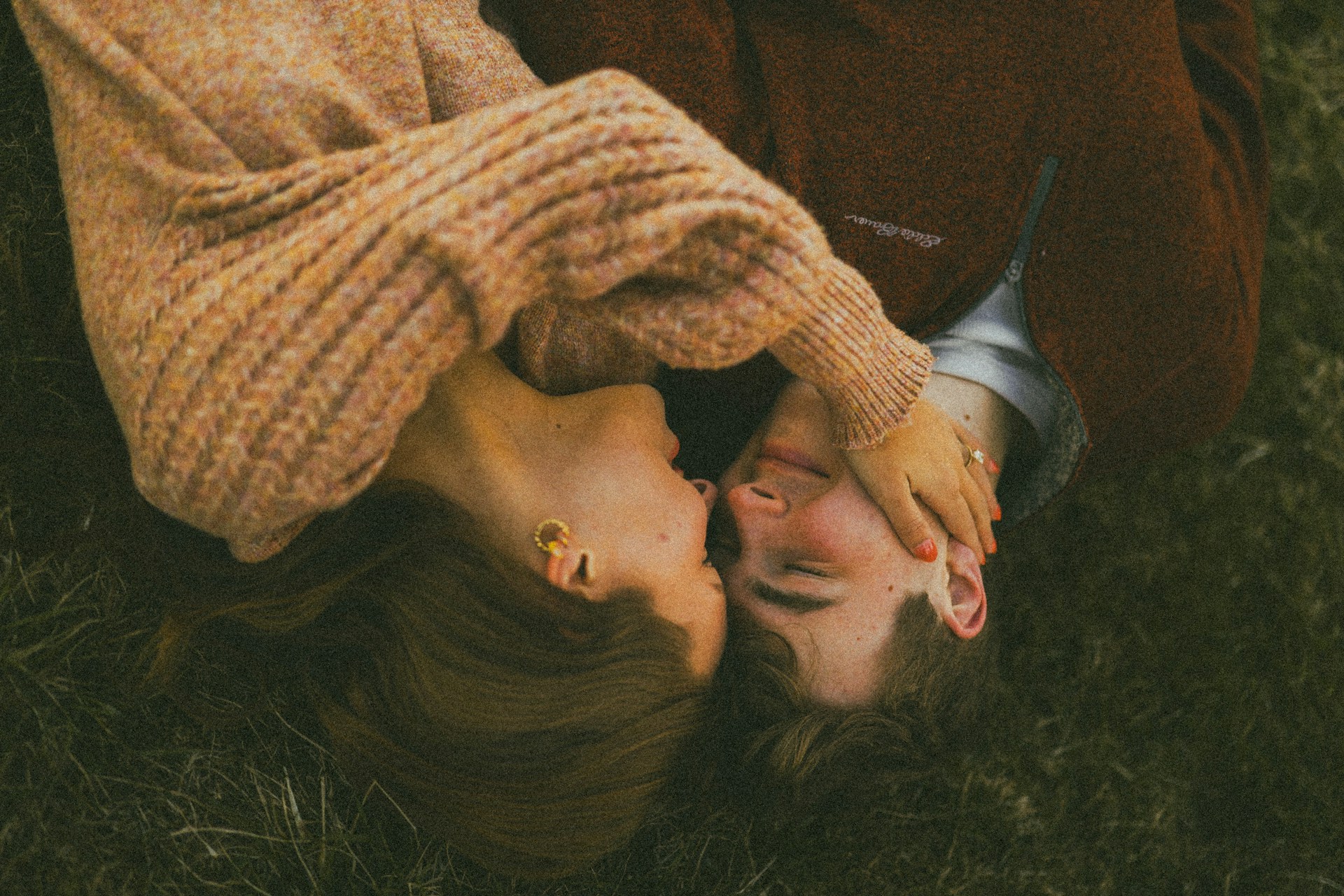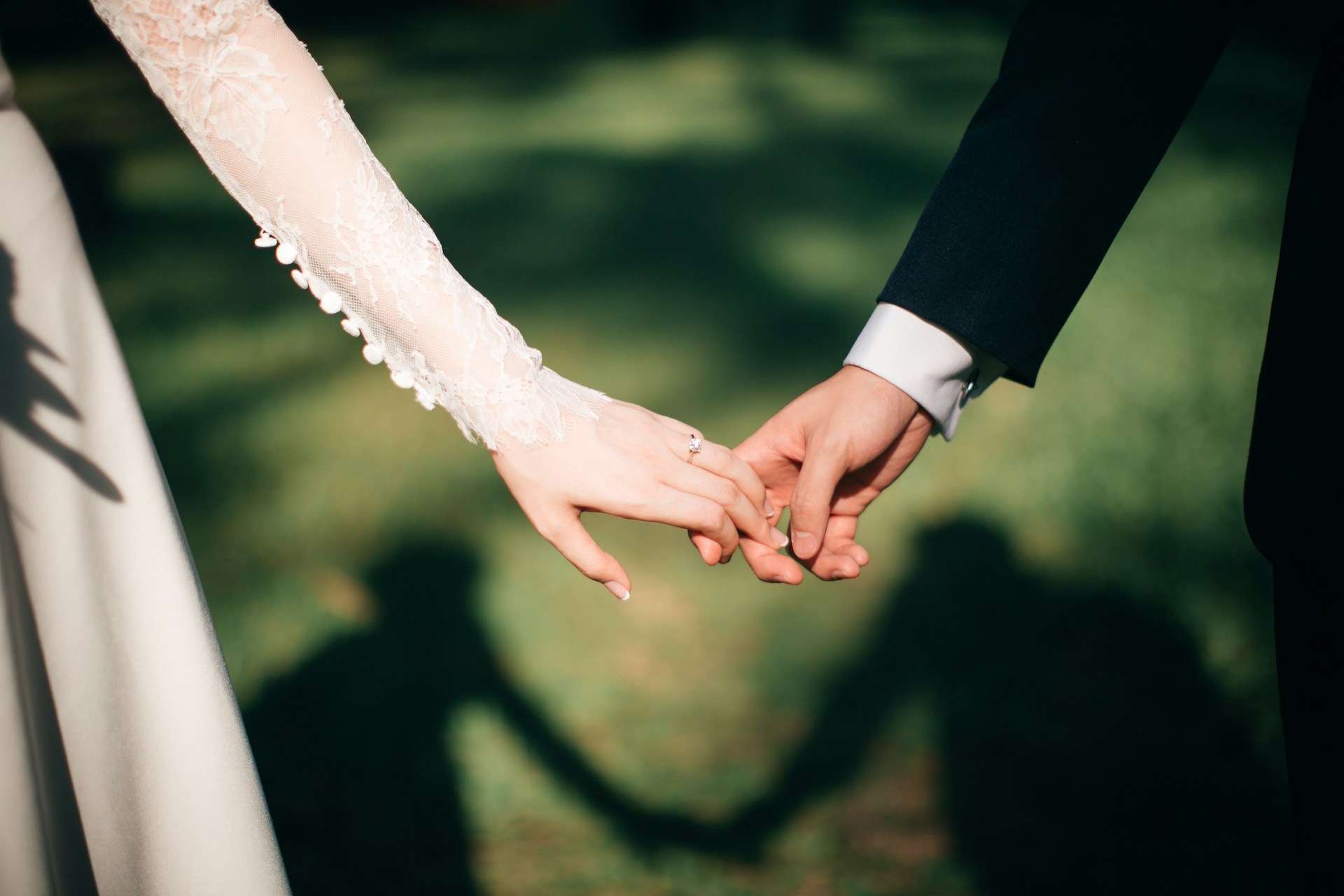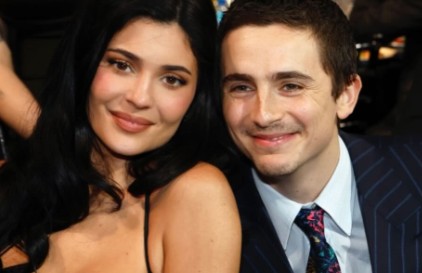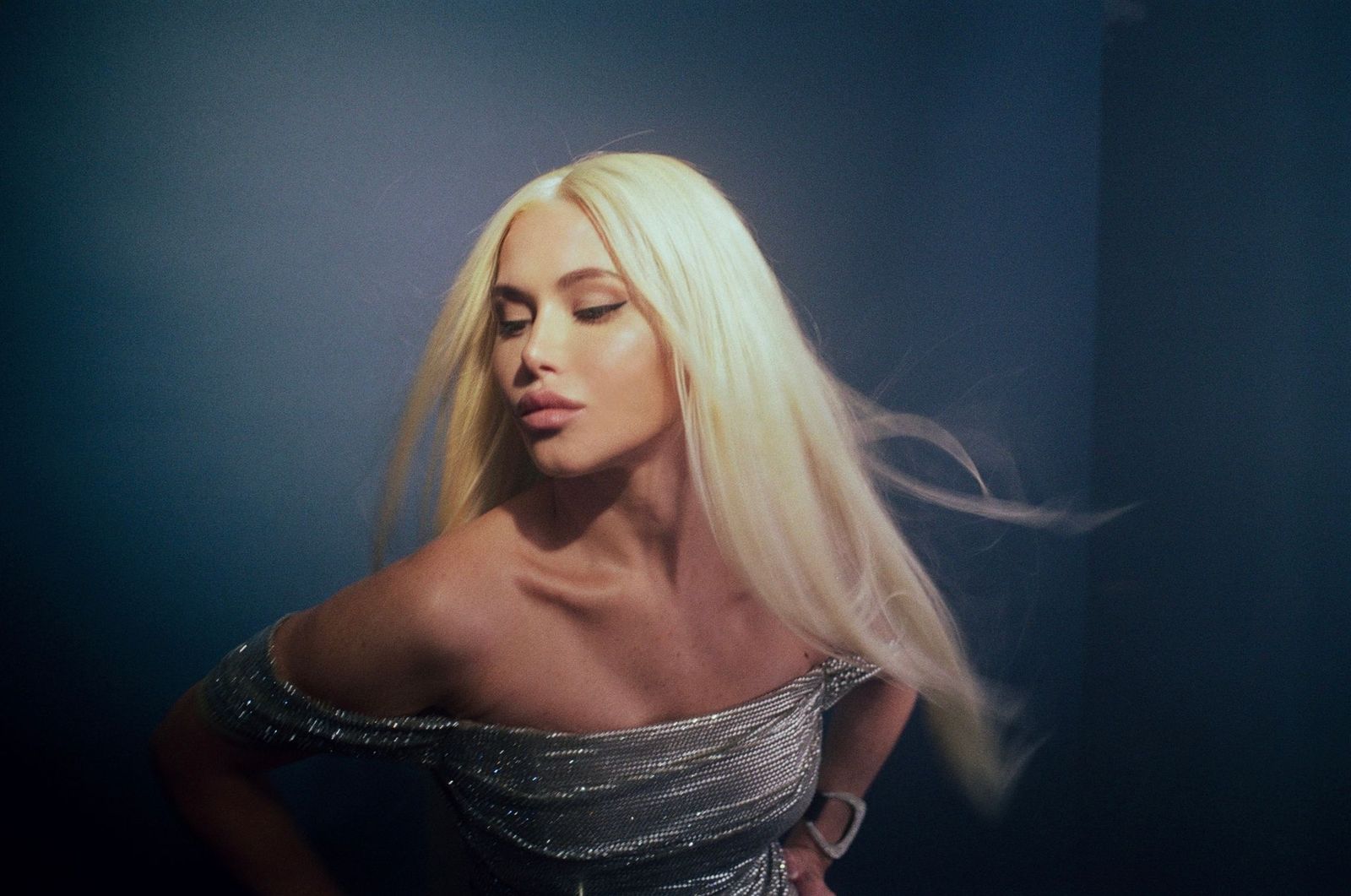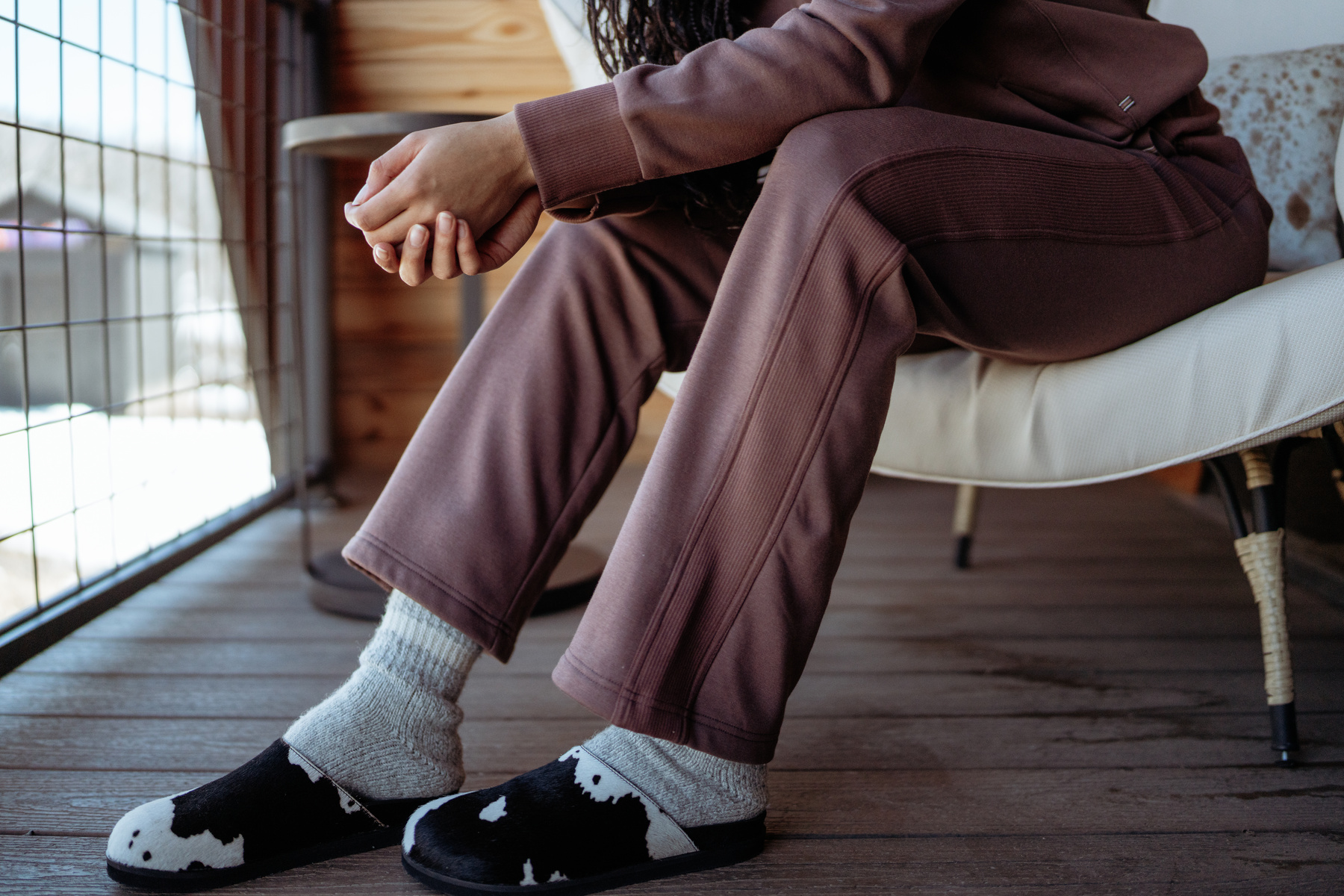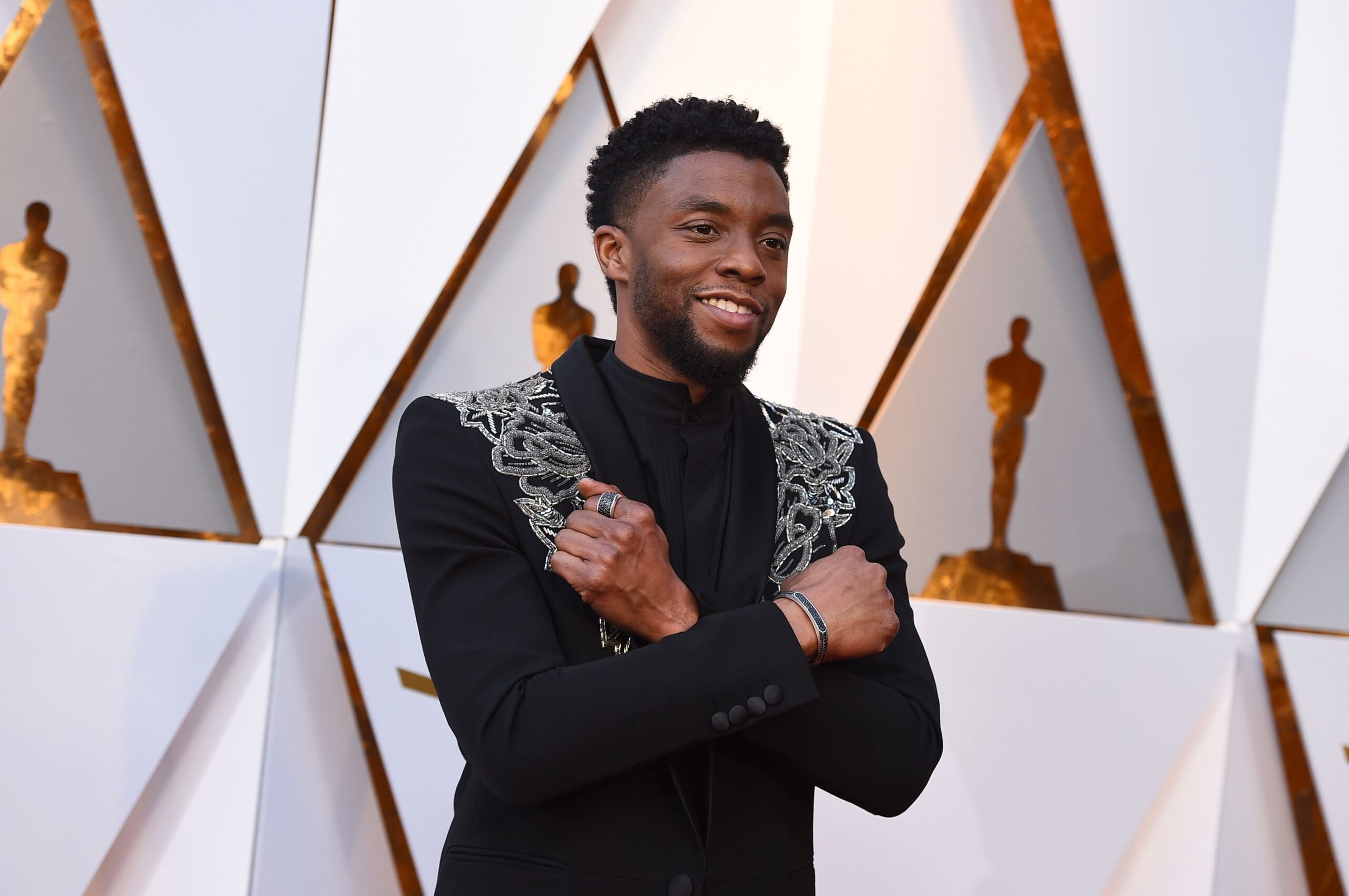
Chadwick Boseman arrives at the Oscars at the Dolby Theatre in Los Angeles.
Jordan Strauss/Invision/AP/Shutterstock
The 2020 VMAs were different from the start.
At the very beginning of the show, host Keke Palmer told viewers that the night was dedicated to Chaswick Boseman, who died on Friday after a private fight with colon cancer.
“Before we get into the music tonight, we need to take the time to talk about the devastating loss of Chadwick Boseman, an actor whose talent and passion were a true inspiration to all the fans he touched, and everyone he encountered,” Palmer said. “We dedicate this show to a man whose spirit touched so many. He’s a true hero – not just on screen, but in everything he did. His impact lives forever.”
Boseman’s legacy was also honored through a moving one-minute clip that paid tribute to the real-life superhero’s life. “The world needs more superheroes,” the clip began, before jumping to footage of the Black Panther star accepting an award for Best Hero at the 2018 MTV movie awards.
“Receiving an award for playing a superhero is amazing,” Boseman says in the clip. “But, it’s even greater to acknowledge the heroes that we have in real life. So, I just wanna acknowledge somebody that’s here today, James Shaw Jr. If you don’t know James Shaw Jr., he fought off a gunman in Antioch, Tennessee, at a Waffle House, saved lives. So, this is gonna live at your house, God bless you.”Boseman’s words are a reminder that as much as fiction can move and inspire us, real-life heroes and change-makers make our great stories possible.
Certainly we need more superheroes like Boseman today—heroes who break ground and fight their own personal demons for the greater good. Our culture is dominated by stories about heroes who wreak destruction and havoc on the world and only work for personal gain and glory, but Boseman and his legacy illuminate a different path.
The VMAs this year happened in the shadow of Boseman’s death, COVID-19, and the Black Lives Matter movement. Originally intended to take place at Brooklyn’s Barclays Center, the VMAs were instead a compilation of live and pre-recorded videos that ran the gamut from nostalgic to radical.
Old Favorites, New Highlights: Lady Gaga, Miley Cyrus, and More
Lady Gaga won Artist of the Year and took home an additional four new trophies. She also brought her own brand of activism to the show, sporting a total of nine masks throughout the show. During her performance, she told the audience, “I might sound like a broken record, but wear a mask. It’s a sign of respect.”
Gaga performed a medley that included “Rain on Me” with Ariana Grande, which won Best Collaboration. She also left the audience with a message about art’s ability to inspire people and spark change. “This has not been an easy year for a lot of people, but what I see in the world is a massive triumph of courage,” she said. “Just because we’re separated right now and culture may feel less alive in some ways, I know a renaissance is coming, and the wrath of pop culture will inspire you and the rage of art will empower you as it responds to hardship with its generosity and love.”
Miley Cyrus also went for a throwback, speeding in on a glittering wrecking ball to perform her song “Midnight Sky.”
Taylor Swift became the first solo female artist to win best directing for her video “The Man.”
BTS—who won for pop video, group, K-pop, and choreography—put a classic spin on their dance number “Dynamite,” turning out in fresh-looking suits.
Black Lives Matter Takes Center Stage
While many of the artists remained political in a similarly vague way, some chose to recognize the current political climate more overtly. “It’s hard to celebrate, so I’m just going to say justice for Jacob Blake and justice for Breonna Taylor,” the Weeknd said upon receiving the award for video of the year.
Da Baby also made a political statement with his performance. He performed his song “Blind” while handcuffed to the back of a police car, an overt anti-police brutality statement.
Keke Palmer also acknowledged Black Lives Matter in her opening statement. “We can never tolerate police brutality,” she said. “It’s our time to be the change we want to see. We need to come together, and music has that power.”
“We must continue the fight to end systemic racism,” she continued. “The leaders of that movement are you, us, the people watching tonight. It’s our time to be the change we want to see. We need to come together, and music, music has that power. Music can help us heal. It’s all love and that’s what tonight is about. We are making the impossible possible, pushing the boundaries of music performances, because that’s what we do on the VMAs!”
Grief, Sickness, and Music
Though the VMAs was technically a celebration, the shadows of current events and recent tragedies loomed large. A tribute video honored Naya Rivera, Pop Smoke, Juice WRLD, and other stars, many of whom died far too young. Some fans were angered that the montage left out Kobe Bryant, sparking a backlash.
Some people were charmed by the awards show’s valiant attempts at creating a coherent event that included social distancing, but others weren’t so pleased. Many felt that the entire show felt like a simulation, a compilation of fake New York scenes pulled together from across the world.
“Mostly, though, the VMAs gave the impression that they were happening in a collective imaginary place, a computer-generated nothingsville,” writes Kathryn VanArendonk for Vulture. “Sometimes it looked like The Matrix, sometimes like a Star Trek holodeck, and sometimes like the inside of Janet’s mind in The Good Place.” Many felt that because the performances were all filmed in different locations, the show felt disorienting and alien.
Still, in the time of COVID-19, sometimes we have to take what we can get. “There was something about the cloud of nothingness that also convinced me — we’re all nowhere, but we’re all nowhere together,” VanAredonk finishes.
The VMAs alone will never heal our cultural and political wounds, and they were inevitably strange and a bit tone-deaf. But as Chadwick Boseman’s legacy shows, art and performers truly can change lives—and we shouldn’t take them for granted.
- So a Whole Lot of You Decided to Skip Watching the VMAs, Huh … ›
- The BTS ARMY’s Allegations of Racism Are Misguided – Popdust ›
- “Paparazzi” at the ’09 VMAs: The Night That Stefani Went Gaga … ›
- Grieving Chadwick Boseman and Imagining Black Futures – Popdust ›
- Chadwick Boseman in “Ma Rainey’s Black Bottom” Hits All the Right Notes – Popdust ›
